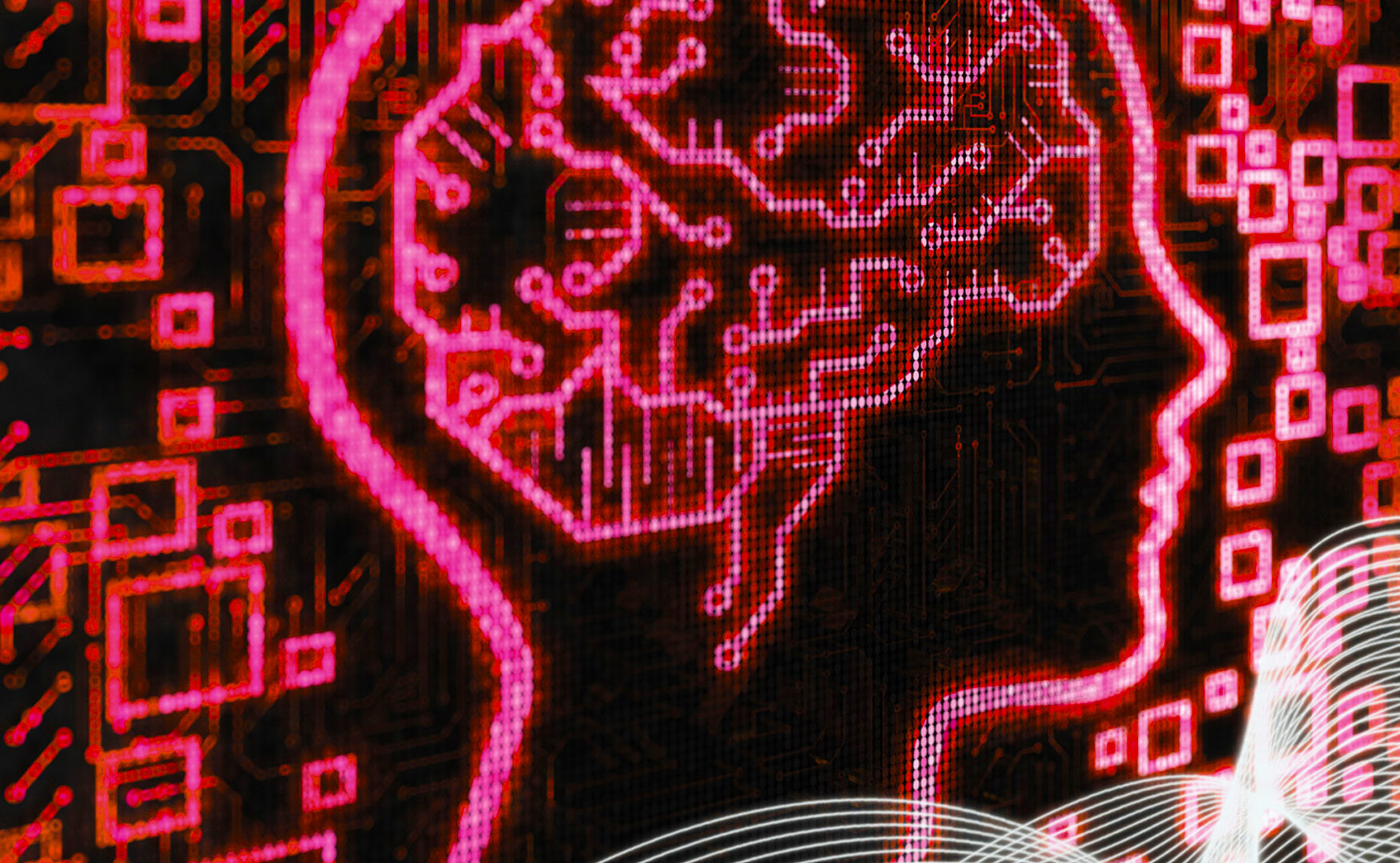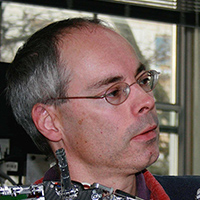Is the human brain an elaborate organic computer? Since the time of the earliest electronic computers, some have imagined that with sufficiently robust memory, processing speed, and programming, a functioning human brain can be replicated in silicon. Others disagree, arguing that central to the workings of the brain are inherently non-computational processes. Do we differ from complex computer algorithms? Are there essential features of the physical make-up and workings of a brain that will prevent us from creating a machine that thinks? And if we should succeed in constructing a computer that claims to be sentient, how would we know if it really is?
This program is part of the Big Ideas Series, made possible with support from the John Templeton Foundation.
















